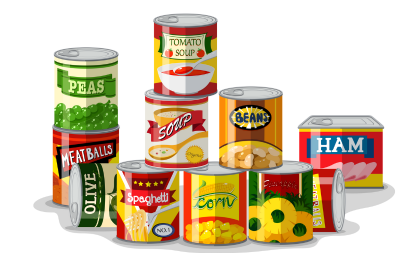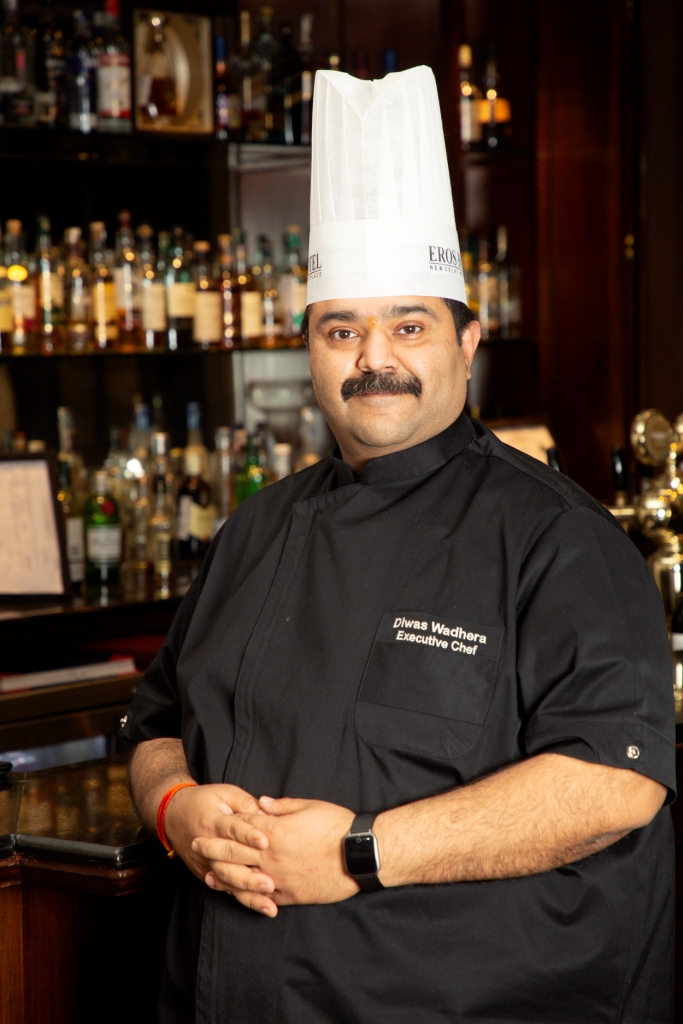Executive Chefs Share Insights on the Growth of Packaged Food Products in India and Its Advantages for the Hospitality Industry.
The hospitality industry in India is benefiting from the rising demand for packaged food, which aligns with changing consumer preferences. Packaged foods offer standardized ingredients, longer shelf life, and easier storage, reducing preparation time, ensuring

The hospitality industry in India is benefiting from the rising demand for packaged food, which aligns with changing consumer preferences. Packaged foods offer standardized ingredients, longer shelf life, and easier storage, reducing preparation time, ensuring quality, and improving operational efficiency, catering to diverse consumer tastes. Executive chefs sharing insights on the same.

Jatinder Pal Singh
Executive Chef, Sheraton Grand Bengaluru Whitefield & Convention Center
The increasing demand for packaged food in India stems from shifting consumer preferences towards convenience and variety. This trend aligns with the hospitality industry’s needs for efficient, consistent, and time-saving solutions. Packaged foods offer standardized ingredients, longer shelf life, and easier storage, reducing prep time and ensuring consistent quality. Additionally, they cater to diverse consumer tastes, allowing hospitality businesses to swiftly adapt and meet customer demands. This symbiotic relationship between the growth of packaged food and the hospitality sector enhances operational efficiency while catering to evolving consumer preferences in India’s dynamic market.
Diwas Wadhera
Executive Chef, Eros Hotel
In the evolving landscape of India’s hospitality industry, the potential growth of packaged food products stands as a key driver, poised to increase by 2.5 times in the next five years. This growth surge is attributed to several factors, including the burgeoning population, shifting lifestyles, robust media support encouraging the use of packaged goods, rising incomes, an affordable workforce, economic growth, and substantial support in the MSME segment. The empowering trend of women becoming entrepreneurs and improved inter-city connectivity further propels this upward trajectory.
Despite these promising indicators, the journey is not without challenges. Environmental concerns, limited raw material availability, inflation in manpower and raw material costs, political influences in suburban development, modernization requirements in production units, power backups, and supply issues are hurdles that demand strategic solutions. Education fostering belief in entrepreneurship, global acceptance, innovations in production (especially in packaging material and transportation), regulatory changes, and limited recycling add complexity to the industry’s growth path.
The packaging industry in India, with diverse applications across various products and industries, has garnered global recognition, supported by manufacturing facilities exporting products worldwide.
Key market drivers fueling this growth include the popularity of Quick Service Restaurant (QSR) models, particularly preferred by the younger generation and professionals. Trust factors embedded in meeting daily needs, innovative transportation and delivery partners, accessibility of e-commerce even in rural areas, and an emphasis on hygiene with detailed descriptions play pivotal roles in shaping consumer preferences.
Addressing sustainability concerns, India faces a challenge with one of the highest scrap productions globally. Rigorous regulatory measures, minimizing or eradicating production on plastic or e-waste materials, and stabilizing raw material prices impacted by transportation costs are essential for the industry’s sustainable future.
In the competitive landscape, the Fast-Moving Consumer Goods (FMCG) sector, encompassing food and beverage, personal care items, tobacco, and household care products, offers significant opportunities for the food packaging industry. Leading Indian food packaging companies like Cosmo Films Limited, Essel Propack Limited, Jindal Poly Films Limited, TCPL Packaging Limited, and others are not only meeting traditional demands but also addressing the escalating requirements driven by e-commerce shipments. This underscores the pivotal role of the packaging industry in supporting the dynamic needs of India’s evolving hospitality sector.

—–
 English
English French
French German
German Italian
Italian




